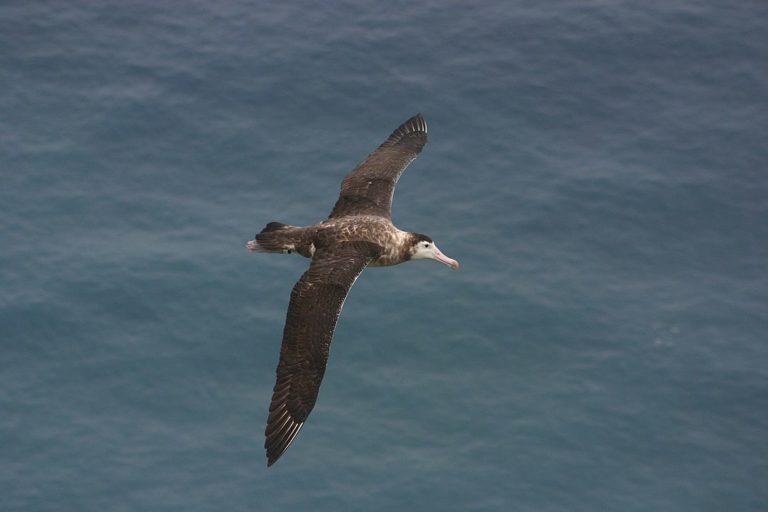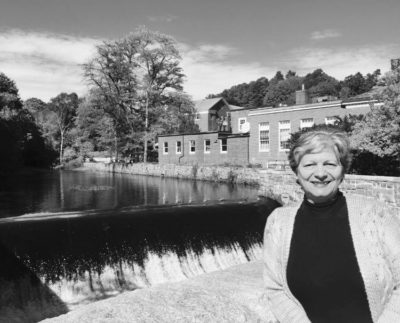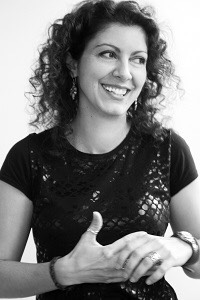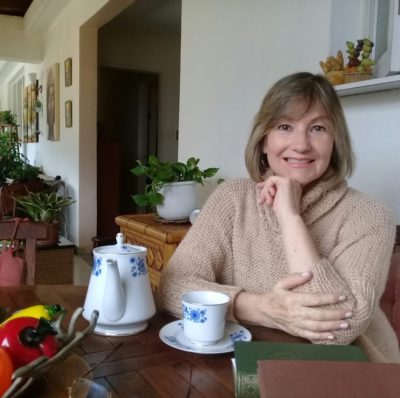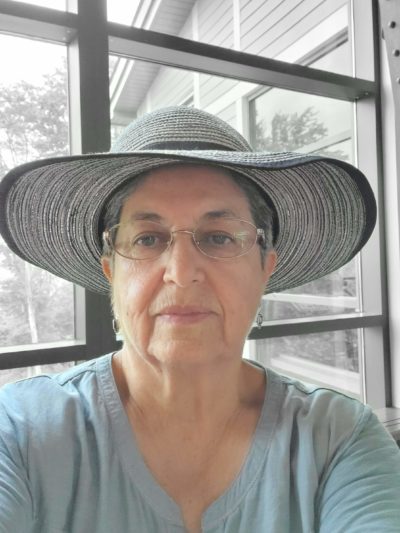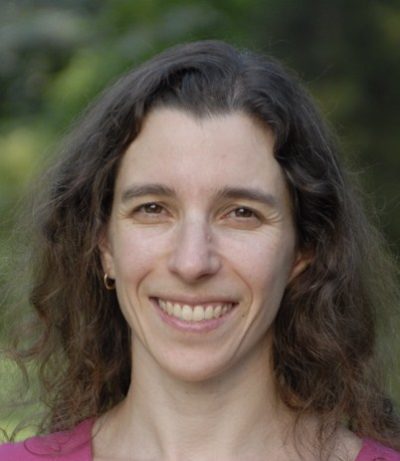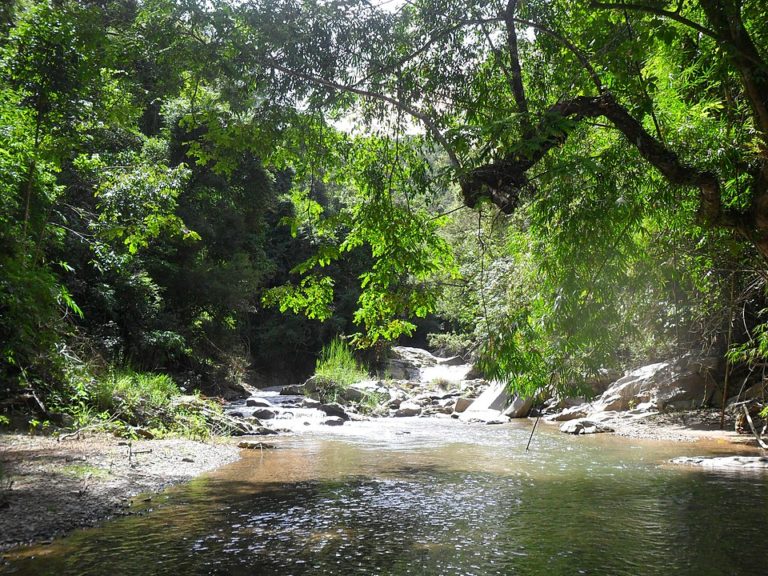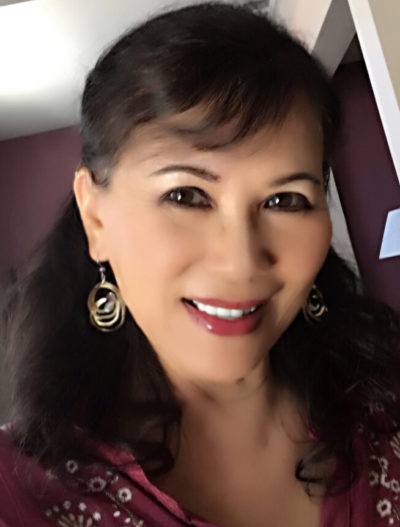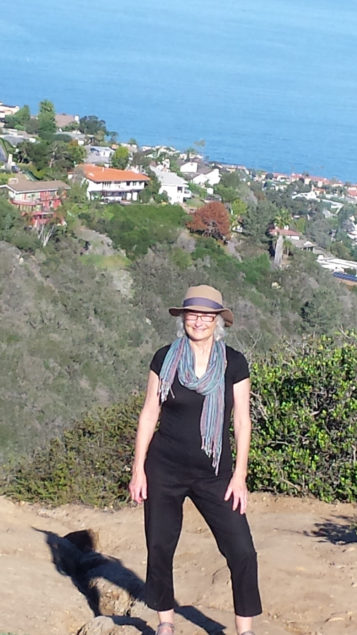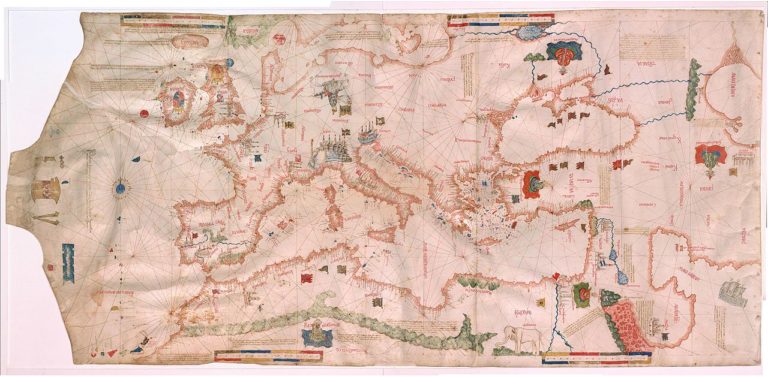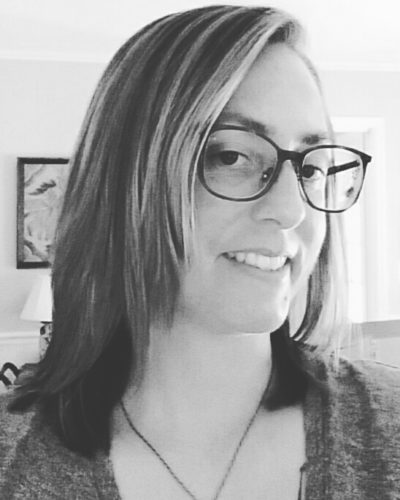Translated from the Romanian by Claudia Serea
We conclude our celebration of Women in Translation Month this week. Katherine E. Young, Poet Laureate Emerita of Arlington, Virginia writes:
August is Women in Translation Month, an international event held every August since 2014. Why? Here in the U.S., fewer than 800 books in translation (that number covers all literary genres!) are published in any given year. Of those 800 books, fewer than one third are works written by women. Clearly, we are not hearing enough women’s voices from around the world – not even from those languages where their work is originally published as frequently as the work of men.
Women in Translation Month is the brainchild of Meytal Radzinski, an Israeli scientist and book lover who noticed how few women she was reading in translation. Radzinski had two goals in mind when she founded the event: to increase dialogue and discussion about women writers in translation, and to encourage people to read more books by women in translation. Her advocacy has been eagerly seconded by booksellers, literary programmers (including the Café Muse reading series here in the DC area), and online supporters. If you enjoy these poems, I urge you to support women authors, their translators, their publishers, and the booksellers who carry their work: go buy a book (or two!) by a woman in translation!
The bird, or about flying. The first seizure
1. Introduction
Birds are made of innocent but half-witted men who showed interest in heavenly matters, but who believed, in their simple-mindedness, that the surest evidence regarding those matters can be obtained with their own eyes. Those men grow feathers instead of hair.
2. Etymologies
They are called birds because they don’t follow established paths, but move in indeterminate directions. They are winged because they aim to the heights with their wings and rise, rowing with them.
3. The Albatross
According to Heidegger: The questions arise from the dispute with the things. And the things exist only where there are eyes to see them. That said, he started to slowly grow bald until, without being indifferent to what was happening, he found that there was
nothing
left on his head. And, because Nothing wanted to remain, the Dasein grew there, out of nowhere, a few feathers, a sight for sore eyes.
Finally, he thought he could fly. But
when he opened his wings, two giant eyes,
petrified with amazement, rolled on the asphalt. And no one
dared to look at them. He became an albatross.
1st Strophe: They say albatross is the common name of over 23 species of birds from the Diomedeidae family. They vary in size from that of a goose to a swan.
(it’s a well-known fact that Heidegger reached the largest dimensions of this
species)
Albatrosses are widespread, from the Arctic to the tropics.
(and he liked extreme cold)
Sometimes, these birds spend months at sea, as they can sleep on the waves.
(The Dasein spent a lot of time there)
Plus, they are excellent predators
(of an uncommon voracity). They feed either on the young of other animals, or on marine birds.
1st Antistrophe: And in his simple-mindedness, Heidegger thought himself a Nazi. And in our simple-mindedness, we took him at his word.
2nd Strophe: Because the logos as “speech” brings into sight (a sonorous expression through which something is brought into the field of vision each time)
but there are also basis, reason, judgment, concept, definition, relation
Finally, what was seen was only Death, a concept perfectly defined by reason beyond judgment on the basis of the relationship between humans and beasts (different species divided into flocks, each one with its own leader who guarded them with the purpose of devouring them; let’s not forget, România has a tradition of grazing). Now, there is only logos. We can see that clearly
with our own eyes, because we were given the eyes to obtain evidence in logical speech.
Death. Monarch. Beast. Famine. The need to eat out of the other (even when we’re not hungry). Pleasure.
2nd Antistrophe: Stalin understood this the best, only he didn’t concern himself with philosophy and heavenly matters. Unfortunately!
3rd Strophe: Speech is all we have left while we wait for our wings to grow. This way, we’ll return to being birds!
3rd Antistrophe: But language lacks precisely this text. Unfortunately!
Epode: Flight is not a condition of innocence, maybe/only the feathers (but numerous exceptions still exist).
First published in Entropy
Pasărea sau despre zbor. Prima confiscare
1. Introducere
Păsările sunt născute din bărbați inocenți, dar cam săraci cu duhul, care s-au arătat interesați de cele cerești, dar care au crezut, în simplitatea lor, că dovada cea mai sigură cu privire la ele se obține cu ajutorul ochilor. Lor, în loc de păr, le cresc pene.
2. Etimologii
Sunt numite păsări fiindcă nu urmează căi certe, ci se deplasează în direcții nedeterminate. Înaripate, fiindcă țintesc cu aripile lor spre înălțimi și se ridică vâslind cu ele.
3. Albatrosul
Conform lui Heidegger: Întrebările se ivesc din disputa cu lucrurile. Iar lucrurile sunt doar acolo unde există ochi să le vadă. Și acestea fiind zise, a început să chelească treptat, până ce, fără să rămână nepăsător la ceea ce i se întâmplă, pe capul său nu
A mai rămas
Nimic. Și cum Nimic n-a vrut să rămână, Dasein-ul a făcut să răsară acolo, de nicăieri, câteva pene, de mai mare dragul îți era să le privești.
În cele din urmă, s-a gândit că poate să zboare. Dar,
când și-a desfăcut aripile, s-au rostogolit pe-asfalt
doi ochi uriași împietriți de uimire. Și nimeni
nu îndrăznea să-i privească. Devenise albatros.
Strofa 1: Se spune că albatros ar fi denumirea comună a peste 23 de specii de păsări din familia Diomedeidae. Ele variază de la mărimea unei gâște, până la mărimea unei lebede.
(e bine cunoscut faptul că Heidegger atinsese cele mai mari dimensiuni posibile
ale acestei specii)
Albatroșii sunt foarte răspândiți, atât în regiunile arctice, cât și la tropice.
(și îi plăcea frigul extrem)
Uneori, aceste păsări stau luni de zile în largul oceanelor, putând dormi pe valuri.
(pe-acolo și-a petrecut o mare parte a Dasein-ului)
În plus, sunt răpitoare excelente
(de o voracitate ieșită din comun). Se hrănesc fie cu puii altor animale, fie cu
păsări marine.
Antistrofa 1: Și-n simplitatea lui, Heidegger s-a închipuit nazist. Și-n simplitatea noastră, noi l-am crezut pe cuvânt.
Strofa 2: Pentru că logosul ca „discurs” face să se vadă. (exprimare sonoră prin care, de fiecare dată, ceva este adus în câmpul privirii)
dar este și temei, rațiune, judecată, concept, definiție, raport
Ceea ce s-a văzut în cele din urmă a fost doar Moartea. Un concept definit perfect de o rațiune dincolo de judecată, al cărui temei fusese raportul dintre oameni și fiare (diferite specii împărțite în turme, fiecare cu șeful său, care le păzea în scopul de a le devora; România are o tradiție în păstorit; să nu uităm). Acum, e numai logos. Și vedem asta foarte bine
cu ochii, pentru că ochii ne-au fost dați să obținem dovezi, prin discursuri logice.
Moarte. Suveran. Fiară. Foame. Nevoia de-a mânca din celălalt (chiar și atunci când nu suntem flămânzi). Plăcere.
Antistrofa 2: Stalin a înțeles cel mai bine acest lucru, dar el nu s-a ocupat cu filozofia și cu cele cerești. Din păcate!
Strofa 3: Discursul este tot ceea ce ne-a mai rămas. Și așteptăm să ne crească aripile. Astfel, ne vom întoarcem la păsări!
Antistrofa 3: Dar limbajului îi lipsește tocmai acest text. Din păcate!
Epodă: Zborul nu e o condiție a inocenței, poate/doar penele (dar și aici există numeroase excepții).
Impression from Olympus
Heavy sky. Weighing. On us,
oppressive. Wave
of time steps out from us, onto us.
Blue. Blue. Blue
gull that splinters. Cry
blue blue white
star. White moon seen through daylight.
First published in Entropy
Impresie din Olimp
Cer încărcat. Ne. apasă
Greu. Sec
unda timpilor calcă din noi în noi.
Albastru. Albastru. Albastru
Pescăruș ce despică. Strigăt
albastru albastru alb
astru. albă Lună întrezărită în plină zi.
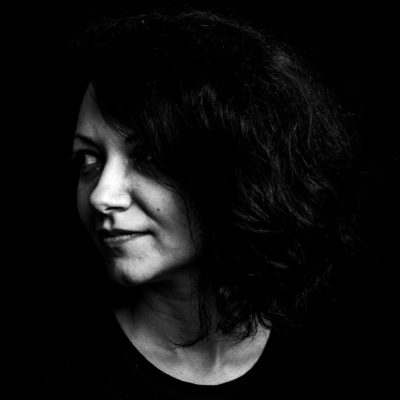
Iulia Militaru is the editor-in-chief of frACTalia Press and the InterRe:ACT magazine. After a few children’s books and her study Metaphoric, Metonimic: A Typology of Poetry, her first poetry collection Marea Pipeadă (The Great Pipe Epic) was published in 2010, receving two major awards in Romania. Dramadoll, co-authored with Anca Bucur and Cristina Florentina Budar, is part of a larger poetry/graphic art/video/sound project; a part of this video project (Images of the day number 8, directed by Cristina Florentina Budar) was selected for Gesamt 2012 (DISASTER 501: What happened to man?), a project coordinated by Lars von Trier and directed by Jenle Hallund. Her collection of experimental poetry Confiscarea bestiei (o postcercetare) (The Seizure of the Beast. A Post-research) was published by frACTalia Press in 2016. She has published poems and digital collages in MAINTENANT, A Journal of Contemporary Dada Writing and Art #9, #10, and #11. Her art exhibit “The Path. Filling-in Abstract Forms: Overwriting Barnett Newman” opened in 2016 in Iowa City at Public Space One. In 2016, she was also featured at The Third Annual Brussels Poetry Fest.
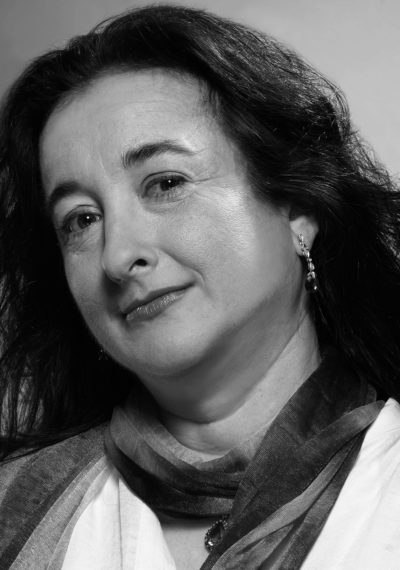
Claudia Serea’s poems and translations have appeared in Field, New Letters, Prairie Schooner, Gravel, The Malahat Review, carte blanche, Oxford Poetry, Asymptote, RHINO, and elsewhere. She is the author of five poetry collections and four chapbooks, most recently Twoxism, a poetry-photography collaboration with visual artist Maria Haro (8th House Publishing, Canada, 2019) and Nothing Important Happened Today (Broadstone Books, 2016). Serea co-edited and co-translated The Vanishing Point That Whistles, an Anthology of Contemporary Romanian Poetry (Talisman House Publishing, 2011) for which she received a grant from the Romanian Cultural Institute. She also translated from the Romanian Adina Dabija’s award-winning Beautybeast (Northshore Press, Alaska, 2012). Serea is the co-founder and editor of National Translation Month, and she co-hosts The Williams Poetry Readings in Rutherford, NJ.
Image by By Vincent Legendre – Own work, CC BY-SA 3.0, https://commons.wikimedia.org/w/index.php?curid=1413838
